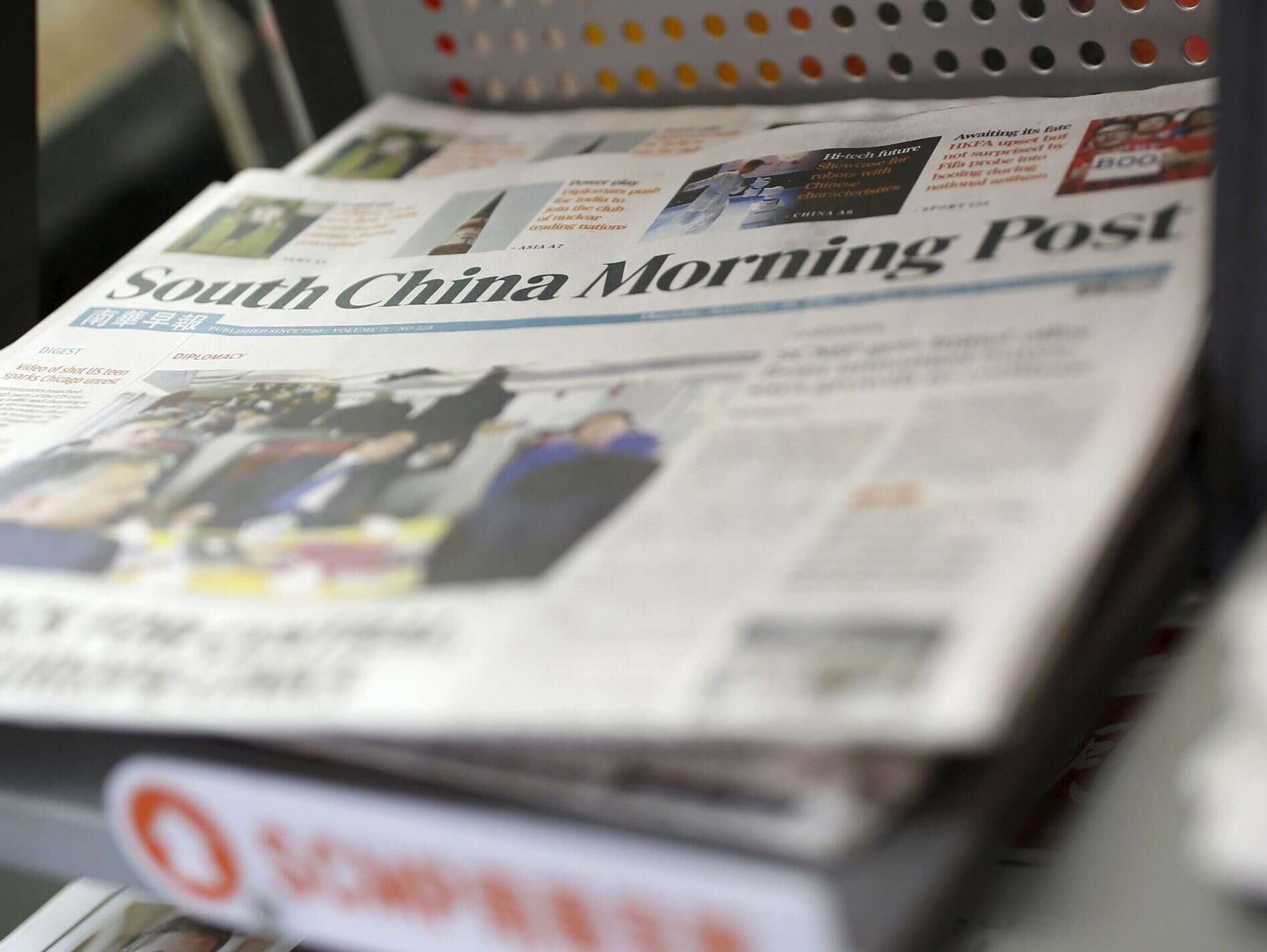
The Chinese government is using its power to shut down foreign reporting and targeting specific journalists with abuse, censure, physical assault and even expulsion, according to a new report into foreign press freedom in China.
The report warned of “unprecedented hurdles” facing the country’s foreign journalists as six chose to flee the country in 2021. A further nine said they had been sued or threatened with legal action by sources or government entities.
The country is also allegedly abusing health and safety rules enacted to fight Covid to restrict press freedom, including for reporters covering the genocide of Uyghur people in Xinjiang and those covering the virus outbreak in Wuhan.
The new report, from the Foreign Correspondents Club of China, titled ‘Locked Down or Kicked Out’, was based on survey responses provided by 127 out of the club’s 192 members.
The survey suggested there had been little change in Chinese restrictions on pandemic reporting since the first outbreak in Wuhan in December 2019, with correspondents regularly being prevented from visiting key sites in the region.
The main findings of the report were:
- 46% of respondents said their bureaus were understaffed because the Chinese government had restricted the number of visas they would issue to foreign journalists, with 29% saying this had badly impacted their Chinese coverage
- 52% said they were denied access or told to leave places under the guise of Covid health and safety restrictions, even when the action presented no risk by the country’s own legal guidelines
- 62% said they had been obstructed from reporting on something by police or other government officials
- 12% were manhandled or subject to physical abuse while working
- 88% of journalists who had worked in Xinjiang said they had been visibly followed, often by men in plainclothes
- 34% of those who reported in the region also said they were asked or forced to delete their photos or video footage, 24% were summoned to the Ministry of Foreign Affairs after visiting the region
- More than 25% of respondents said sources had been harassed, threatened or called into police questioning more than once, with nearly half saying they were told or suspected sources cancelled interviews after government pressure.
In its introduction, the report explained: “Foreign correspondents are facing unprecedented hurdles covering China as a result of the government’s efforts to block and discredit independent reporting.
“As the number of journalists forced out by the Chinese state grows due to excessive intimidation or outright expulsions, covering China is increasingly becoming an exercise in remote reporting.
“Growing public attacks reflect an emboldened Chinese government willing to go to great lengths to discredit foreign journalists and their work. Such criticism appears designed to pressure editors and managers at headquarters to dial back objective coverage of China.”
It added: “Covid-19 has been used frequently by authorities seeking to delay approvals for new journalist visas, shut down reporting trips, and decline interview requests… Chinese authorities also appear to be encouraging a spate of lawsuits or the threat of legal action against foreign journalists.”
The Telegraph’s Beijing correspondent Sophia Yan, who is featured in report, previously told Press Gazette that “people that I interview or even meet in passing are routinely detained or harassed, interrogated, sometimes even hacked”. She mentioned even being forced to endure fake government roadblocks trying to stop her going down certain streets.
The report contained an array of first-hand accounts from journalists like Yan.
In one case, Georg Fahrio, a correspondent for German newspaper Der Spiegel, was the subject of a five page “letter of indignation” from the Chinese embassy in Berlin after they reported on allegations of a lab leak being behind the pandemic.
When floods hit Henan province in July, an official regional social media account for the ruling party said people should look out for BBC journalist Robin Brandt and alert the authorities of his location.
One international bureau chief reported being “summoned to the Foreign Ministry [many times], including in late November when I was asked that our media [organisation] stop asking the spokesperson publicly about the Peng Shuai affair”.
The report also found that Chinese staff and fixers working with foreign journalists faced constant oppression, with 40% of respondents saying Chinese colleagues were threatened or harassed by the government at least once.
Chinese colleagues of foreign correspondents faced everyting from being ‘doxxed’ (having private personal information leaked), being called traitors and getting called into meetings with state security agents. In one case, a state security agent reportedly threatened a Chinese colleague’s family to try to stop them working with foreign reporters. The staff member in question decided to quit their job.
One of the six foreign journalists who chose to flee the country in the last year was the BBC’s John Sudworth, who had been reporting in the country for nine years and won awards for his reporting of the Uyghur detainment camps in Xinjiang.
A previous report by Reporters Without Borders alleged that restrictions on reporting on China are so severe they may have been a contributing factor in why the coronavirus pandemic was able to spread worldwide.
The Chinese government’s growing use of law suits against journalists to try to stop critical reporting resembles a similar problem now emerging in the UK and USA.
In last year’s Press Gazette Media Freedom Healthcheck, China was one of ten countries worldwide to receive a red warning classification for press freedom, plurality and media safety.
Read the full report here.
Email pged@pressgazette.co.uk to point out mistakes, provide story tips or send in a letter for publication on our "Letters Page" blog
